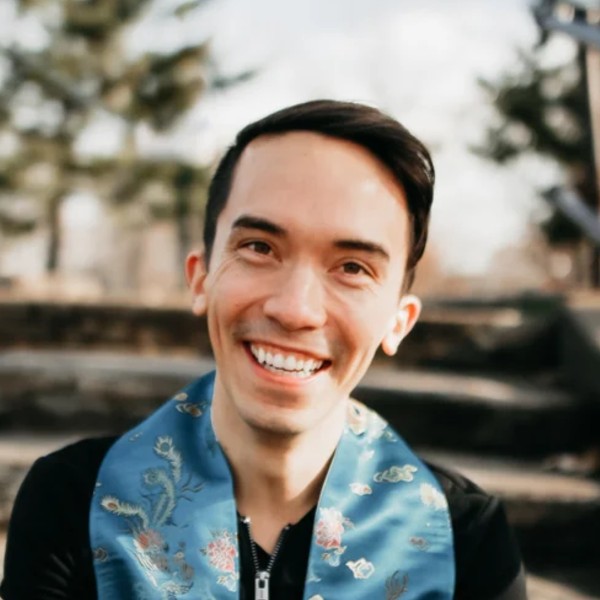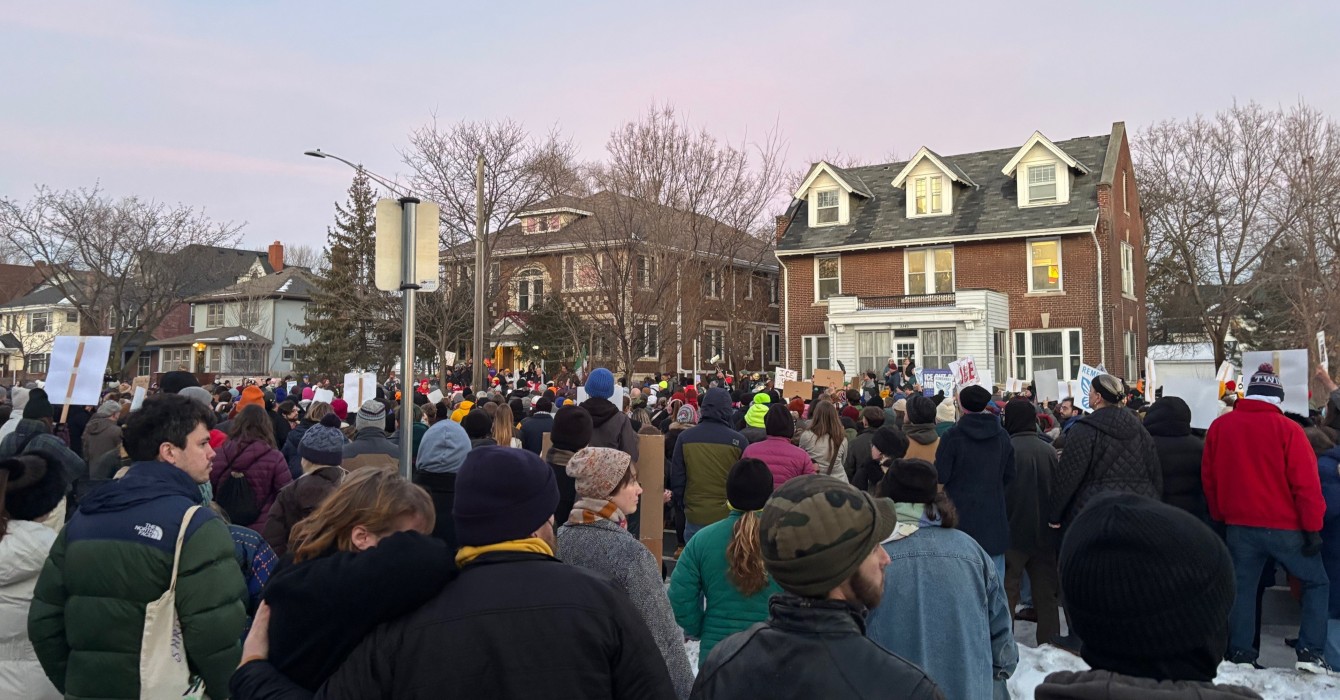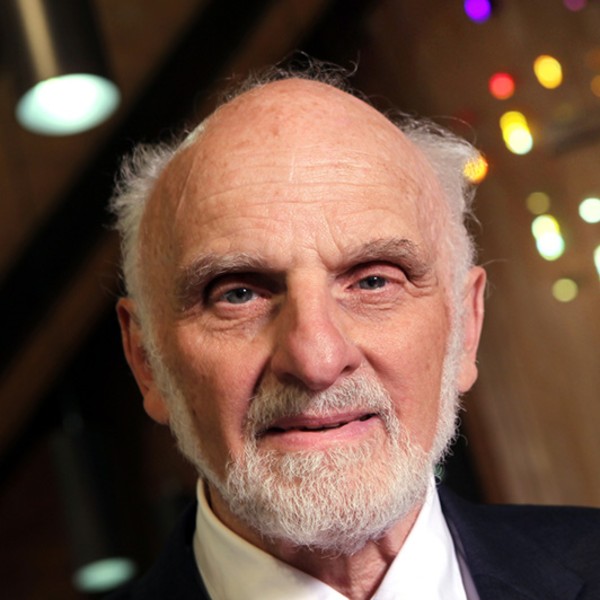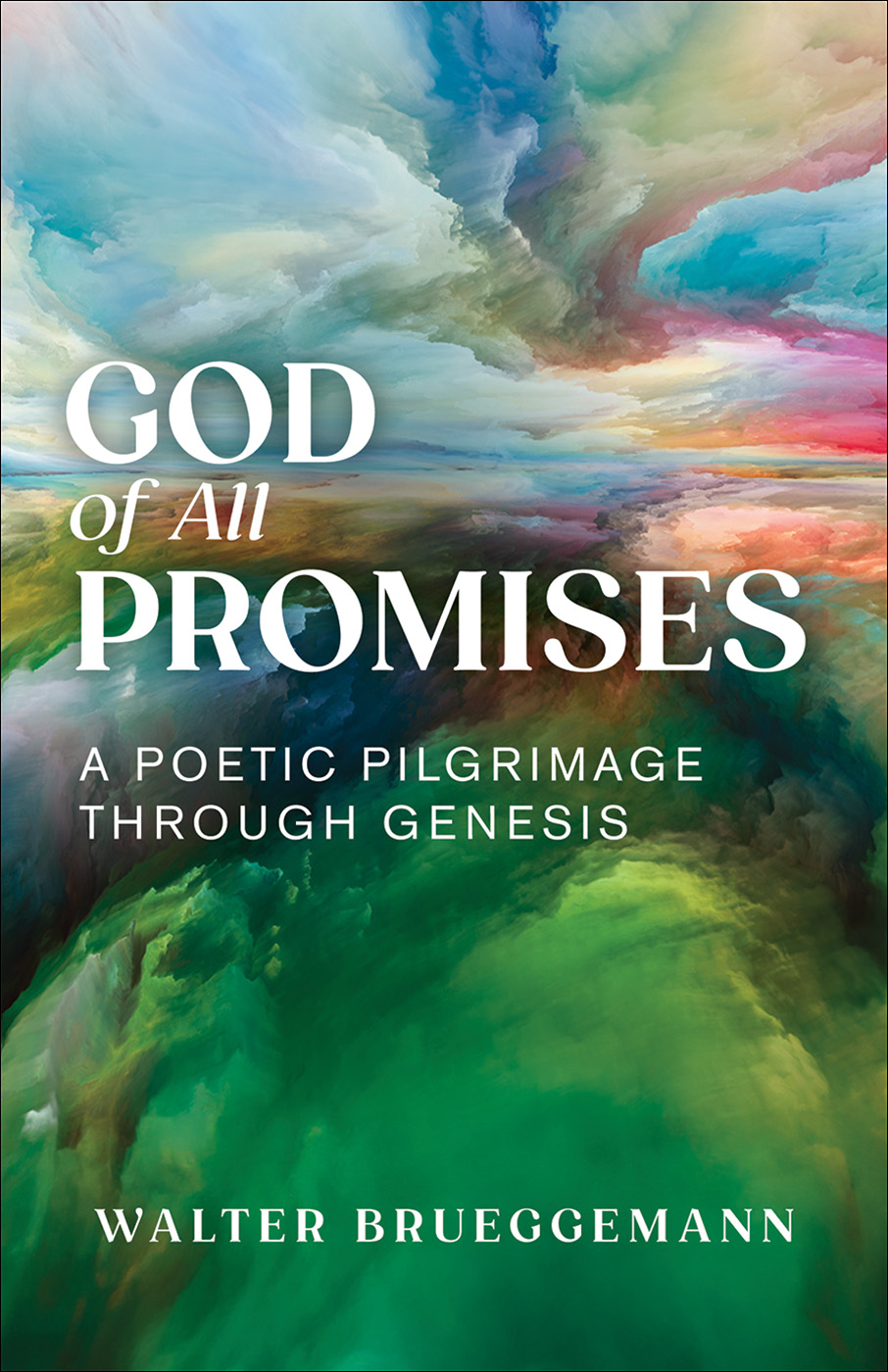Editor’s note: In June 2020, nearly three dozen people alleged that they saw or experienced “spiritual and psychological abuse" by Christopher L. Heuertz; he posted a public apology on his webpage in which he acknowledged that some of his friendships with women “became inappropriate in nature.” A later investigation by an independent, third-party investigator on behalf of Gravity found no evidence of misconduct. Gravity is no longer in operation..
I have a friend who used to play college baseball. He would often set up a tee in his parents’ garage and hit a tennis ball off of it a hundred times or so. The repetitious practice of swinging the bat wasn’t so much about building the muscles needed to swing. It was more about building the muscle memory to solidify the perfect swing.
He was training himself to remember how a perfect swing felt.
I would have thought he’d need to practice swinging at moving balls. During games he would face pitches coming at him nearly 100 mph. But getting timing down and attaining a perfect swing were much more complicated that I realized.
That illustration of unglamorous, patient practice has stuck with me.
I am part of a community of contemplative activists who are committed to serving Christ among the most vulnerable of the world’s poor. We give ourselves in relationships to grassroots movements toward justice. We locate ourselves in some of the forgotten corners of the world -- red-light areas, refugee camps, favelas and slum communities, and neighborhoods more known for their criminal activities than known for their hospitality. We live and serve among victims of human trafficking (such as former child combatants), women and children exploited in the commercial sex industry, populations of youth who live and work on the streets, and children orphaned because of AIDS or who are HIV+ themselves. Collectively we bear witness to hope -- the possibility that there is a good God in a world that has legitimate reasons to question God’s goodness.
It often feels like we have 100 mph fast balls of poverty, despair, loss and violence flying at our faces. In the face of such suffering, many of my prayers become demands on God to fix the problems our friends continually find themselves battling.
We haven’t always described ourselves as “contemplative” activists. The contemplative part has only emerged as a qualifier over the past few years. Before we discovered a contemplative basis for our activism, we saw many of staff members teeter on the edges of burnout. We lost a number of good people to exhaustion and grief.
Cultivating the contemplative basis for our active life hasn’t been easy. It’s meant stopping our activity and evaluating where its motivation should originate. It’s meant creating rhythms for rest, Sabbath, and sabbatical. It’s meant placing value on a communal praxis of reflection that allows space to examine and process the pace, successes and failures, and contributions we make in service. It’s meant learning to care for ourselves, and nurture rules of life that allow us to thrive in mission. It’s meant learning about and practicing many of the church’s historical contemplative prayer practices like lectio divina, the breath prayer, the welcoming prayer, the examen, and centering prayer.
Centering prayer requires 20 minutes of silence. Rather than formulating prayers, petitions or requests, centering prayer is active consent to the divine presence of God. It’s a prayer practice of emptying the mind and learning to be present in the stillness.
It’s really hard.
My wife Phileena faithfully does at least two or three centering prayer sits a day. Impressive. I’ve got a long way to go in my own journey towards disciplined repetition. When I do make the time for it, I notice something interesting. The fruit of the prayer becomes a form of muscle memory. I’m learning how to consent.
I’m learning to consent not only to the work of God in my own soul, but to what seems to be God’s pace of service. The grace of consent moves my prayers away from demands on God, to a peaceful faith in God that there is a better way.
The more I make contemplative prayer practices a central part of my spiritual formation, the more able I seem to face the 100 fastballs of pain, suffering, loss and violence in our world.
It often feels undramatic, and of course it goes unnoticed, but discovering the contemplative basis for activism has given us the gift of a muscle memory that produces peace and facilitates a spirituality of consent.














